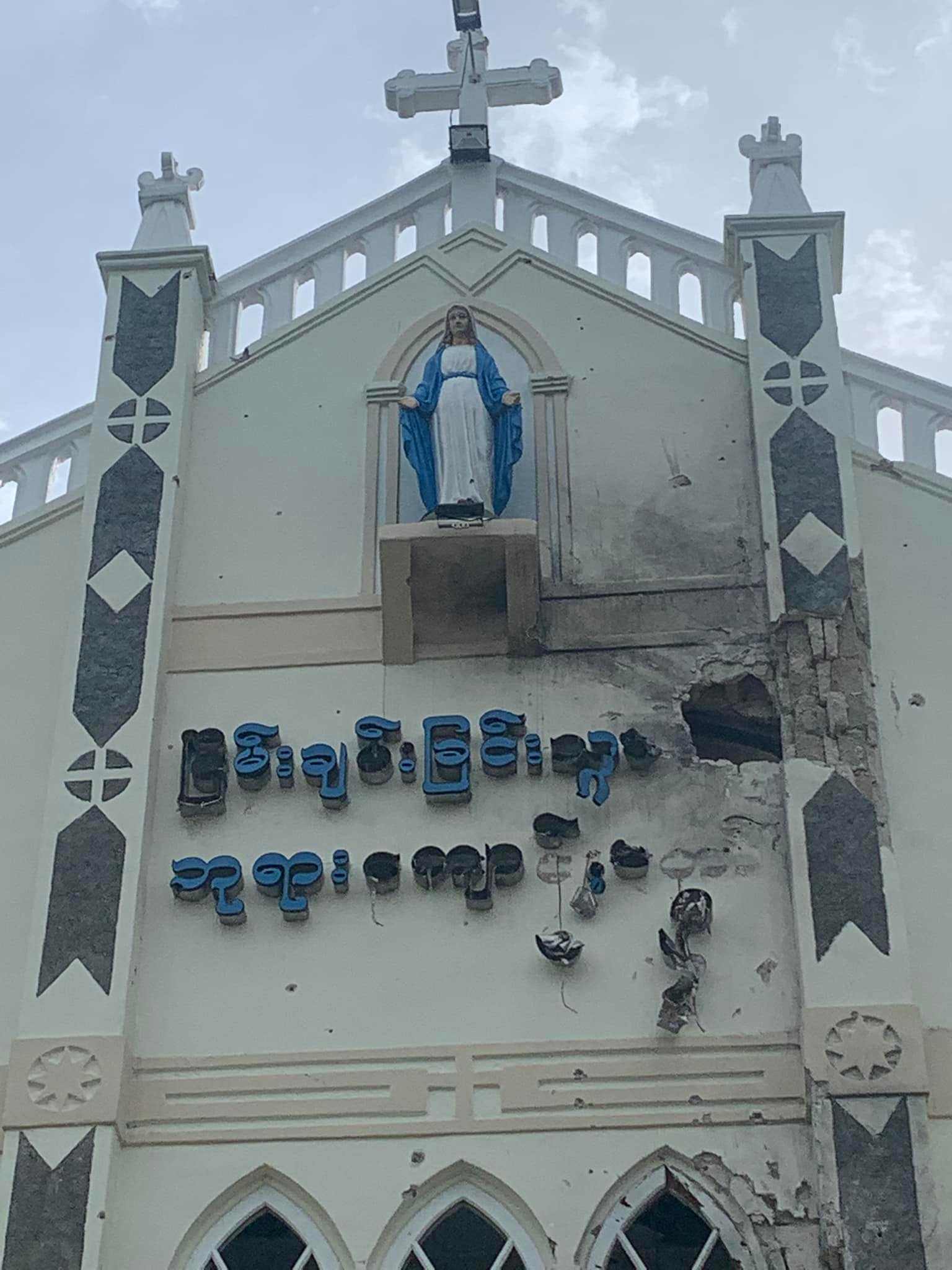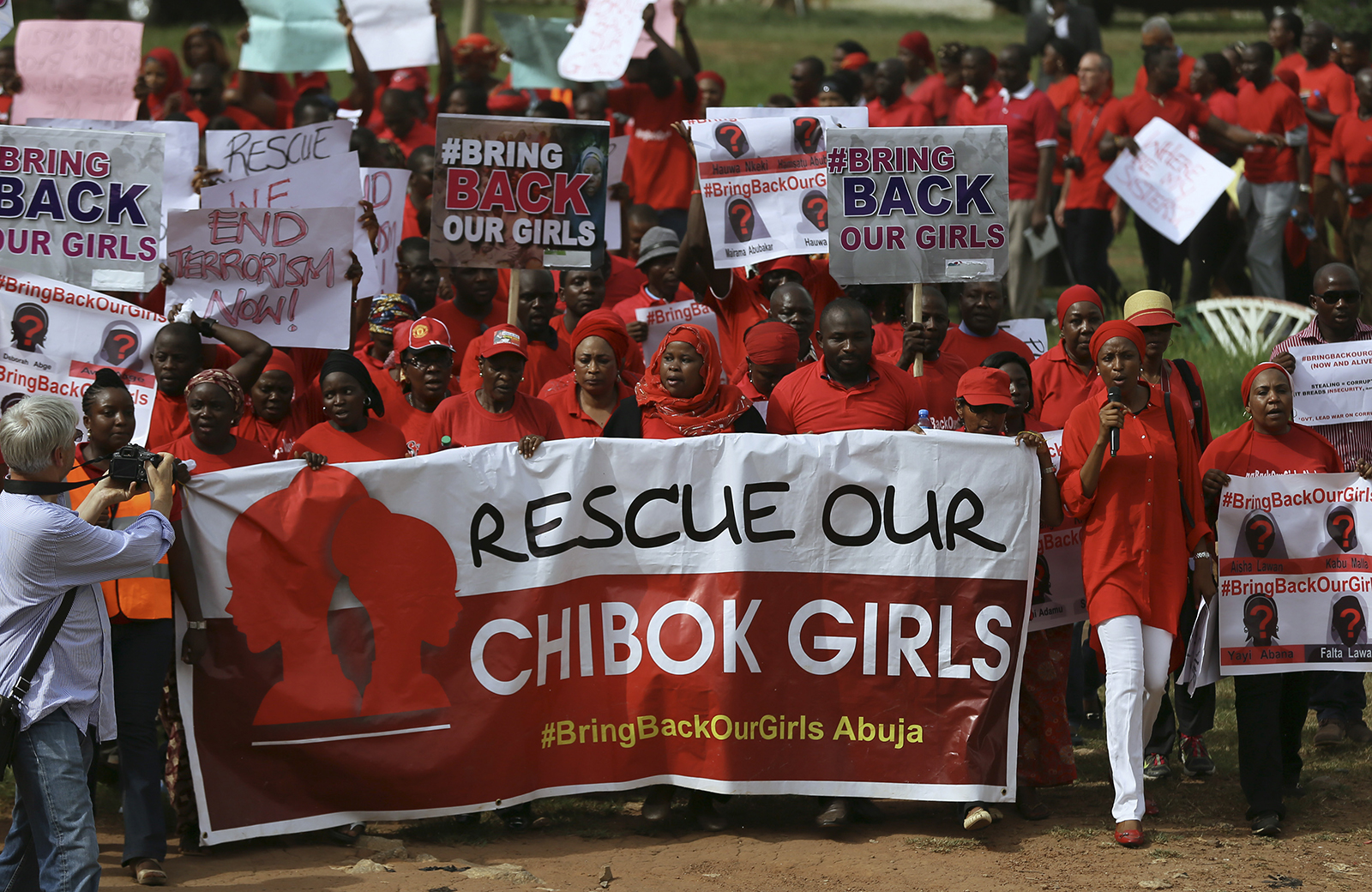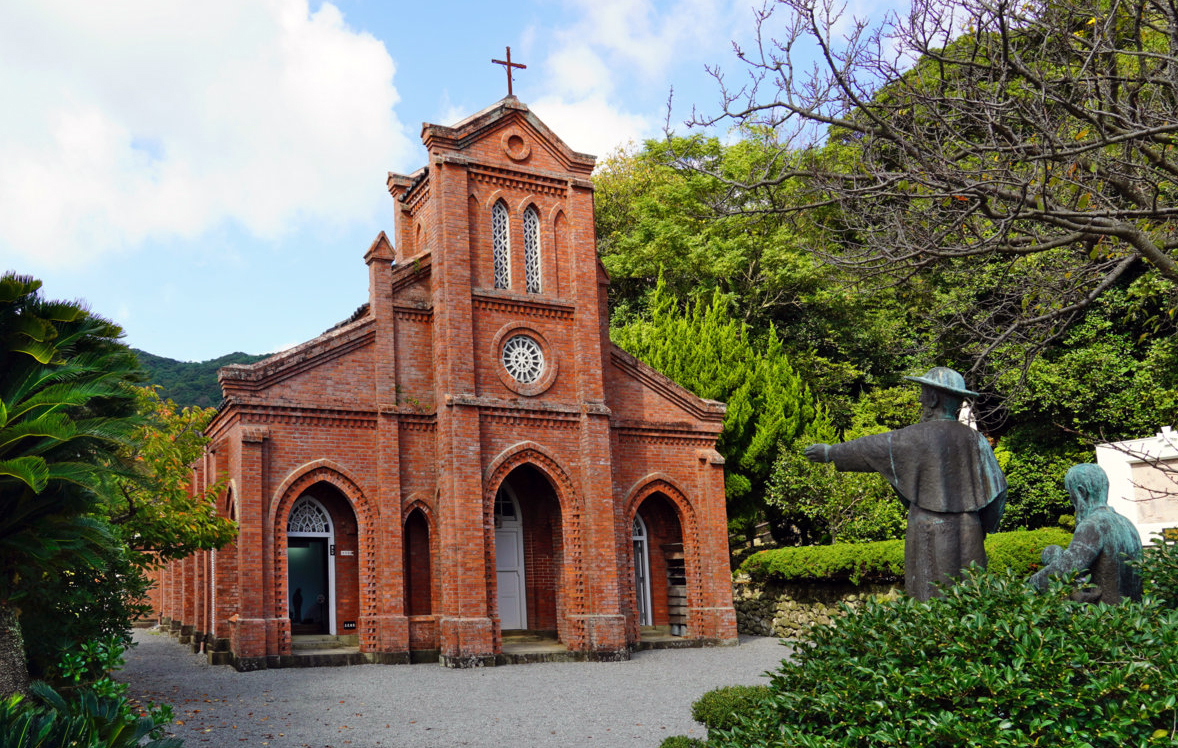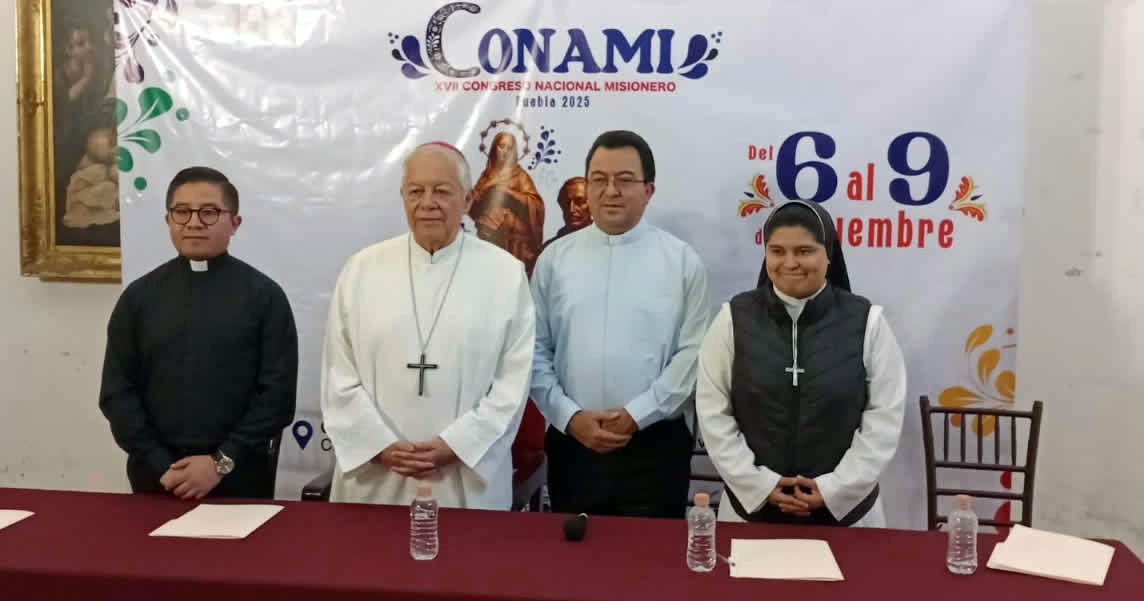Joaquim Magalhães de Castro
Eighteen months after the February 1, 2021 coup d’état, violence continues to spread – and apparently with no end in sight – across Myanmar. On the 16th of September, 11 children were victims of an air attack by the regular army on an area inhabited by civilians. These were students attending a class at an elementary school. In the aftermath of yet another barbarity perpetrated against the Catholic community in the north of the country, in what is already known as “the Sagaing massacre,” Archbishop of Mandalay Marco Tin Win said in an interview with Agenzia Fides news agency: “God Our Lord is on our side. In Him we trust. We encourage the faithful not to lose hope!”
His Holiness Pope Francis also condemned the vile attack, recalling the fact that this “noble country” has been martyred for two years by serious armed clashes and all kinds of arbitrary acts that have led to many victims and displaced people. “It seems that it is fashionable in the world today to bomb schools,” he commented at the end of a Mass he presided over in the southern Italian city of Matera, which hosted the country’s 27th National Eucharistic Congress. “May the cry of these children not fail to be heard! Tragedies like these cannot happen again,” he stressed.
In fact, we are facing yet another inglorious David versus Goliath duel. On the one hand, an army with great strategic capacity and heavy weaponry; on the other, an improvised resistance of anonymous people clustered in the self-styled Popular Defense Forces, mostly made up of young people. At the moment, half of the territory of the Archdiocese of Mandalay (where Sagaing is located) is being affected by constant fighting that has caused death, devastation and suffering. Faced with an unprecedented wave of refugees, Christians and Buddhists, the archdiocese decided to create support centers in five of its parishes. “We are doing what we can to help alleviate the suffering,” says Archbishop Marco Tin Win.
In addition to the villages, the projectiles also fall on pagodas, churches and schools, as the military know that “the helpless and desperate” seek refuge in these places. The army justifies the violence used with “the suspicion” that resistance forces could be hiding there…
The rural communities in the valley of the River Mu, where Luso-descendants, the Bayingyis, live, continue to be the target of attacks by the soldiers of the Military Junta. This time, after the usual looting, they left a very explicit message on the wall of one of the houses. Here is the translation: “Sooner or later all of you Kalars (people of mixed blood) will be under military slavery. Aung San Suu Kyi is rotting in prison: she cannot come to your rescue, O Kalars! Be slaves under our feet! You will never see democracy! You must leave our country for good. If you don’t leave, all of you will be slaughtered. Signed: SAC (Myanmar Military Junta).”
In Moebye, Diocese of Pekon (East Central Myanmar), the Mother of God Catholic Church was recently vandalized. With about two thousand inhabitants, all Catholics, Moebye is located on the border between Shan and Kayah states and is strategically located on the road from Loikaw (Kayah State) to Taunggyi (Shan State).
Monsignor Tin Win notes a great deal of discouragement among the believers under his care. “It is difficult to see a light in this darkness, in the precariousness, in the tiredness of living this situation daily,” he says. There remains faith, “a source of grace and strength.” The churches, despite the danger, are full of people who unravel the Rosary beads and make themselves available to help their fellow human beings, especially the sick, the injured or the most vulnerable. “This strength comes from the Lord,” says the prelate.
Priests and religious, like Jesus with the disciples of Emmaus, also accompany families in the most precarious situation, walking side by side with them. “We are on your side,” they say to refugees. A self-sacrificing attitude is also displayed by the Buddhist religious. “This closeness is for us a powerful means of evangelization at a particularly difficult time,” adds Archbishop Tin Win.
It is worth remembering that in the last 50 years the military repression was felt mainly by the ethnic groups of the border regions, already with a vast experience in the resistance struggle against the military dictatorship. The particular case of the Karen (mainly Catholics) is internationally known, with countless members of this ethnic group permanently refugees in Thailand and other countries. The paradigm has changed and today all Myanmar citizens feel the oppression of the generals, even those residing in the country’s urban areas. Perhaps that is why all citizens are more united than ever, regardless of their ethnicity or religion. “People today understand and share more the suffering of others, and that generates empathy and solidarity,” concludes the prelate.
(Photo credit: Joaquim Magalhães de Castro)


 Follow
Follow


